Greetings from CPIP Executive Director Sean O’Connor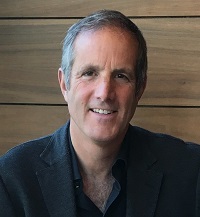
As we move through our busy fall season here at CPIP, we are grateful for the efforts of everyone in the George Mason University community keeping us safe and healthy. We are fortunate that in these highly uncertain times, we are still able to focus on what we do best: bringing you the research, impact policy pieces, and programming that you have come to expect. Read more
 The U.S. Copyright Office released its long-awaited report on
The U.S. Copyright Office released its long-awaited report on 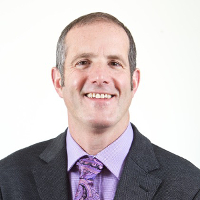
 With Section 512 of the DMCA, Congress sought to “preserve[] strong incentives for service providers and copyright owners to cooperate to detect and deal with copyright infringements that take place in the digital networked environment.”
With Section 512 of the DMCA, Congress sought to “preserve[] strong incentives for service providers and copyright owners to cooperate to detect and deal with copyright infringements that take place in the digital networked environment.”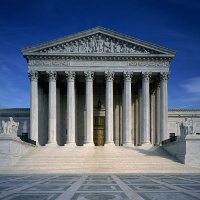 Earlier this week, the Supreme Court handed down its
Earlier this week, the Supreme Court handed down its  By
By 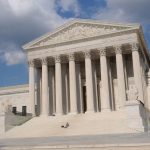 On March 8, 2017, CPIP Scholars Adam Mossoff, Devlin Hartline, Chris Holman, Sean O’Connor, Kristen Osenga, & Mark Schultz joined an
On March 8, 2017, CPIP Scholars Adam Mossoff, Devlin Hartline, Chris Holman, Sean O’Connor, Kristen Osenga, & Mark Schultz joined an 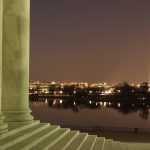 The FTC released its
The FTC released its